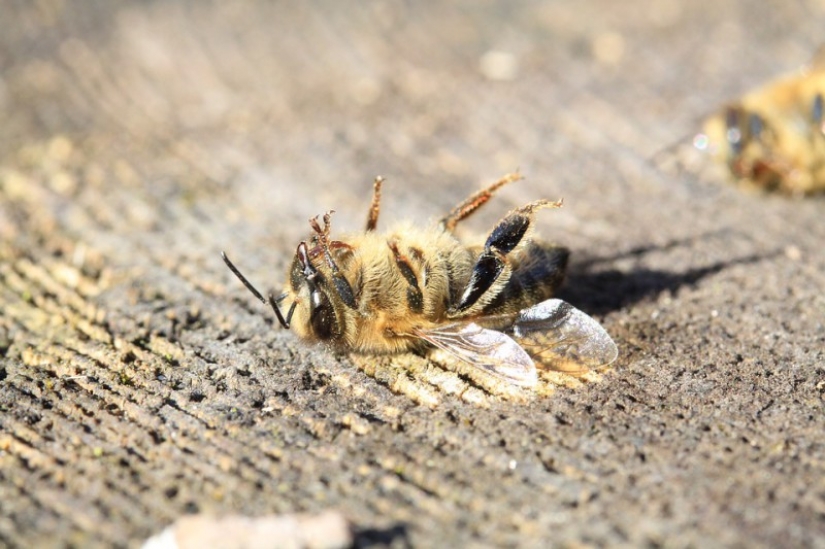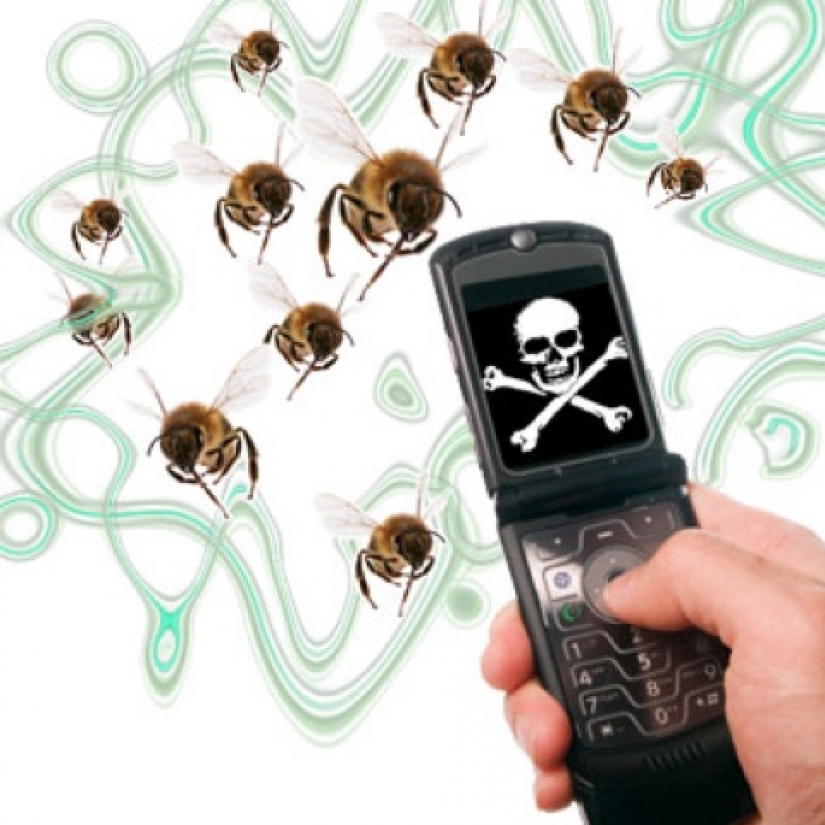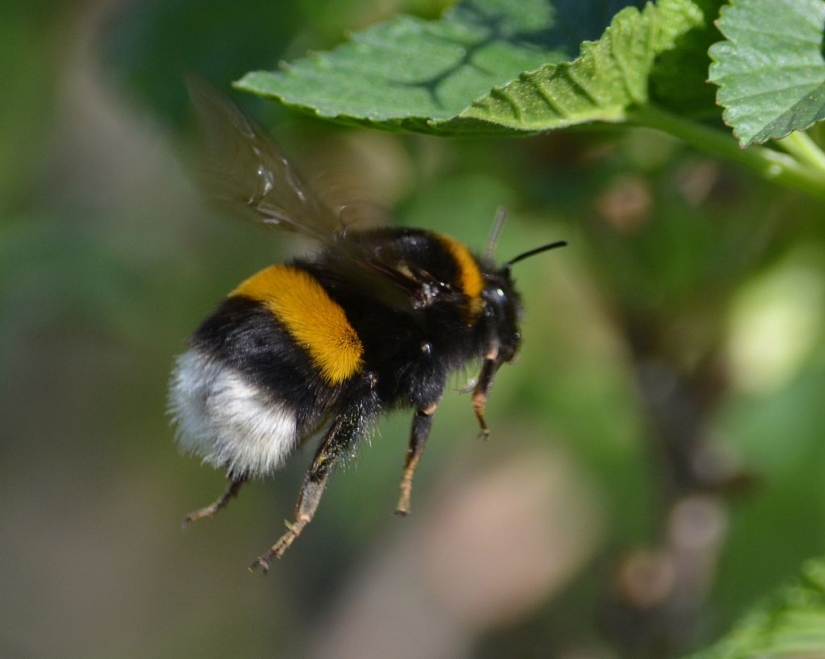Without honey and fruit: what happens when, in 2035, will die all the bees
Categories: Ecology
By Pictolic https://pictolic.com/article/without-honey-and-fruit-what-happens-when-in-2035-will-die-all-the-bees.htmlUrgently stock up on honey and jam — by 2035, the earth may disappear all bees.
For decades scientists worldwide have noted a disturbing decline in the number of domestic bees, and their wild relatives. If this trend continues, the bees as a species can disappear in just 17 years. Because of this, it will be impossible to breed before the third most important crop species.

Thanks to the bees the fruit of Apple trees, growing tomatoes, appear coffee beans — bees pollinate 80 percent of plants on the planet. But over the past decade the bee population is rapidly declining. According to the Institute of statistical studies "Higher school of Economics", the number of bees in Russia in 2008 decreased by 40%. In the United States killed 90% wildlife and 80% of domestic bees.
In China full the disappearance of bees has led to the fact that farmers now pollinate plants manually. For example, in Sichuan workers themselves pollinate Apple trees. Using special devices made of chicken feathers and cigarette filters that are dipped into plastic bottles, filled with pollen, only one person can pollinate 5-10 trees a day.
The problems already faced by farmers in China, give an idea of what can happen on a global scale. Imagine a world without bees our supermarkets would be empty in half.
Scientists explain the extinction of bees several factors is the spread of bee diseases and the use of pesticides, and the emergence of genetically modified crops and electromagnetic radiation, including from millions of mobile phones.


If the bees still die, the only hope of Bumble bees: is there "farms" of different sizes, which bred these furry pollinators of plants, including for export. These insects help to significantly increase the yield of fruit and vegetable crops and perhaps in the future will be the Savior of mankind.
Keywords: Extinction | Insects | Bees | Fruits
Post News ArticleRecent articles

It's high time to admit that this whole hipster idea has gone too far. The concept has become so popular that even restaurants have ...

There is a perception that people only use 10% of their brain potential. But the heroes of our review, apparently, found a way to ...
Related articles

We are accustomed to the fact that white and fluffy animals — it's cute and photogenic creatures that want to stroke and fondle. ...

In this issue you will find a large selection of macro photographs of Rostislav Mashin, taken during several trips to Lake Baikal ...

Life would be perfect if not for the small bloodsuckers. We Wake up at night from their annoying squeak, put them off on an evening ...

New Year's is a time to surprise and delight loved ones not only with gifts but also with a unique presentation of the holiday ...